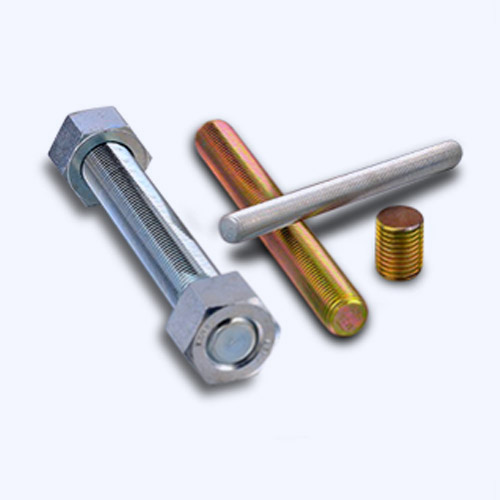Nov . 02, 2024 11:21 Back to list
m3 screws
Understanding M3 Screws A Comprehensive Guide
M3 screws are a commonly used type of fastener that plays an essential role in various applications across numerous industries. With a diameter of 3 millimeters, these screws are celebrated for their versatility and reliability, making them a staple in both commercial and DIY projects.
What Are M3 Screws?
M3 screws belong to the metric screw family, where M denotes the metric system and the number 3 refers to the nominal diameter of the screw shaft, which is 3 mm. Like other screws, M3 screws come in various lengths and head types, including pan head, flat head, hex head, and socket head, to suit different needs. They can be made from several materials, including stainless steel, carbon steel, and plastic, providing options for durability, corrosion resistance, and weight considerations.
Applications of M3 Screws
The compact size of M3 screws makes them ideal for use in various applications. They are commonly found in electronics, machinery, automotive components, and furniture assembly. In the electronics industry, M3 screws are often used to secure circuit boards, casings, and hardware due to their precise dimensions and strength. In home improvement projects, M3 screws are popular for assembling cabinets, shelves, and other furniture pieces, offering a clean and professional finish.
Benefits of Using M3 Screws
m3 screws

One of the primary benefits of using M3 screws is their ease of use. Their standard dimensions mean that they can be easily sourced, and they are compatible with various tools, such as screwdrivers and wrenches, allowing for quick assembly and disassembly. Additionally, their metric nature promotes uniformity in manufacturing processes.
Another significant advantage is the range of materials available. Stainless steel M3 screws offer excellent resistance to rust and corrosion, making them suitable for outdoor applications, while plastic screws are lightweight and resistant to chemicals, ideal for specific electronics applications.
Choosing the Right M3 Screw
Selecting the appropriate M3 screw for your project involves considering several factors. First, you need to determine the required length and head type based on the material you are fastening and the tools available to you. Additionally, take into account the environmental conditions, such as exposure to moisture, which may necessitate a corrosion-resistant material like stainless steel.
Conclusion
In summary, M3 screws are integral to many engineering and construction tasks due to their size, strength, and adaptability. Understanding the specifications of M3 screws, their applications, and the advantages they bring can significantly enhance your projects, ensuring that they are completed efficiently and effectively. Whether you're a professional or a hobbyist, incorporating M3 screws into your toolkit will undoubtedly prove beneficial.


